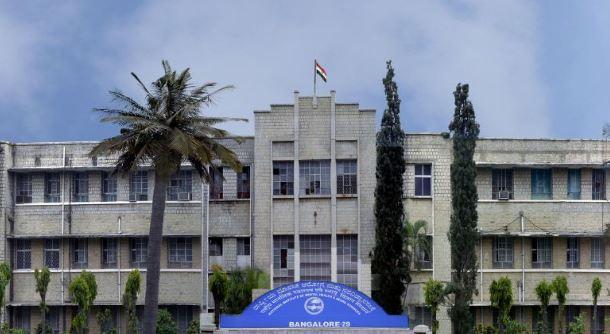Women’s Reservation Bill 2023

Background:
- The discussion on the reservation of women reservation bill prevalent since the tenure of Former Prime Minister Shri Atal Bihari Vajpayee in 1996.
- As the then Government lacked a majority, the Bill could not have been approved.
- Earlier Attempts at Reserving Seats for Women:
- 1996: First Women Reservation Bill was introduced in the Parliament.
- 1998 – 2003: The government tabled the Bill on 4 occasions but failed.
- 2009: Government tables the bill amid protests.
- 2010: The Union Cabinet passes the Bill and RS passes it.
- 2014: The Bill was expected to be tabled in LS.
Linkage:
- There are 82 women Members of Parliaments in LS (15.2%) and 31 women in RS(13%).
- While the number has increased significantly since the 1st Lok Sabha (5%) but is still far lower than in many countries.
- According to recent UN Women data, Rwanda (61%), Cuba (53%), and Nicaragua (52%) are the top three countries in women representation. Bangladesh (21%) and Pakistan (20%) are ahead of India in the case of female representation.
Current News:
- Recently, the Lok Sabha (LS) and Rajya Sabha (RS), both passed the Women’s Reservation Bill 2023 (128th Constitutional Amendment Bill) or Nari Shakti Vandan Adhiniyam.
- The bill reserves one-third of the seats in Lok Sabha, State legislative assemblies and the Delhi assembly. This will also apply to the seats reserved for SCs (Scheduled Castes) and STs (Scheduled Tribes) in Lok Sabha and State Legislatures.
Impact:
- The Bill provided for inserting Article 330A into the constitution, which borrows from the provisions of Article 330, which provides for the reservation of seats to SCs/STs in the Lok Sabha.
- The Bill introduces Article 332A, which mandates the reservation of seats for women in every state Legislative Assembly. Additionally, one-third of the seats reserved for SCs and STs must be allocated for women, and one-third of the total seats filled through direct elections to the Legislative Assemblies shall also be reserved for women.
- Article 239AA to the constitution grants special status to the Union Territory of Delhi as the national capital with regard to its administrative and legislative functioning.
- Article 239AA(2)(b) was amended by the bill accordingly to add that the laws framed by Parliament shall apply to the National Capital Territory of Delhi.








